Description
ABSTRACT
An Analysis of Revamped Functionality for Vicarious Liability in Nigeria
Nwudego Nkemakonam Chinwuba*
Commerce performs a core function in the society. It engages not only the means of distribution and exchange of property and wealth, but also labour. In this triangle, some persons must interact directly, others do so indirectly. Law engages that primary interaction through contract and correctly so, as the law on contract engages the principal formula of consensus ad idem. Tort law is different-a judge driven law; it contemplates a soft constitutional framework of assuring to parties who may not necessarily be in direct contract, a remedy for injuries suffered. Law is the organising spirit of the economy, businesses, and the society. One useful vessel by which it plays this role is the law on tort. Tort law requires that whoever keeps a thing that is likely to cause harm if it escapes must rein it in and have it secured. At other times, it requires that a person keeps in safe contemplation persons within close proximity whether such persons are action bearers or injury receptors. Tort law requires someone to take responsibility. It does so by toeing the familiar terrains of personhood which may be attached to a person, persons or property. This paper examines the contemporary and comparative scope, development and application of vicarious liability. The analysis is in three parts; policy considerations and theoretical underpinnings of vicarious liability; comparative Nigerian and United Kingdom case law; modern scope and criteria for engaging vicarious liability. The paper closes with a summary of the progress of the law in this all important area of judicial analysis that showcases the angle of law as a continuing organising spirit of a civil society.
Keywords: Tort Law, Vicarious Liability, Modern Scope, Comparative Law.
INTRODUCTION
Tort law is a judge driven law; it contemplates a soft constitutional framework of assuring to parties who may not necessarily be in direct contact, a remedy for injuries suffered. At first, targeting intentional and direct injuries, it expanded to injuries which are not intended but did happen, particularly where a person is expected to contemplate a neighbour in an action. Law would be an empty cymbal if it is unable to effect an order made or remedy a recognised injury. During the pandemic of covid-191, the economy must be opened up- so say the economists and business enthusiasts.2 In this scenario, law as the organising spirit of the economy, businesses and society must play its role.
* PhD, BL. Associate Professor, Department of Private and Property Law, University of Lagos. Email: ak******@***oo.com.
- A pandemic is a disease outbreak that spreads over a large area, and is prevalent throughout an entire country, continent, or the whole world. On March 11 2020, the World Health Organisation (WHO) officially declared the corona virus disease which broke out in Wuhan China in December 2019 (COVID-19) a pandemic due to the global spread and severity of the disease.
- https://www.proshareng.com/news/NIGERIA%20ECONOMY/Can-Africa-Afford-COVID-19-Lockdowns—-Chukwuma-Soludo/50636.

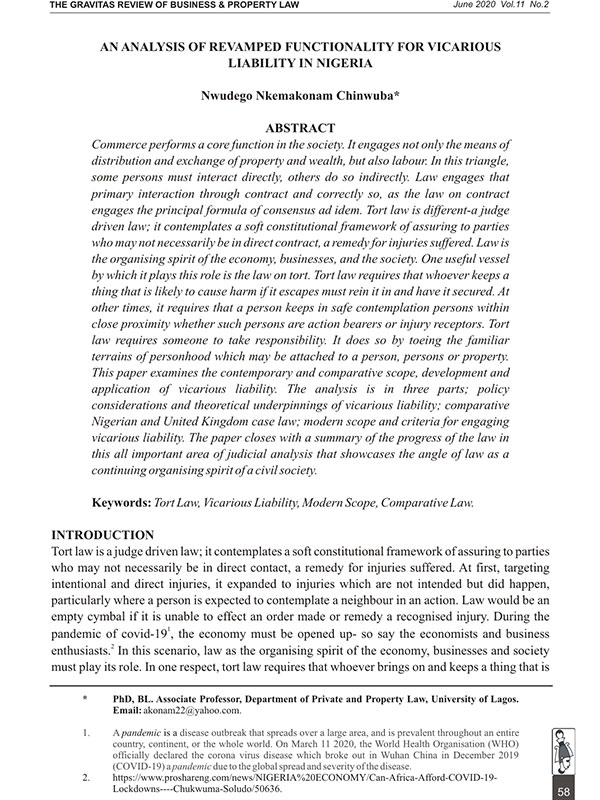
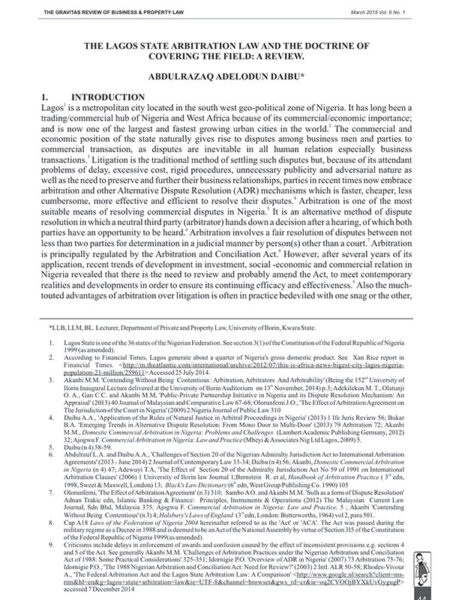
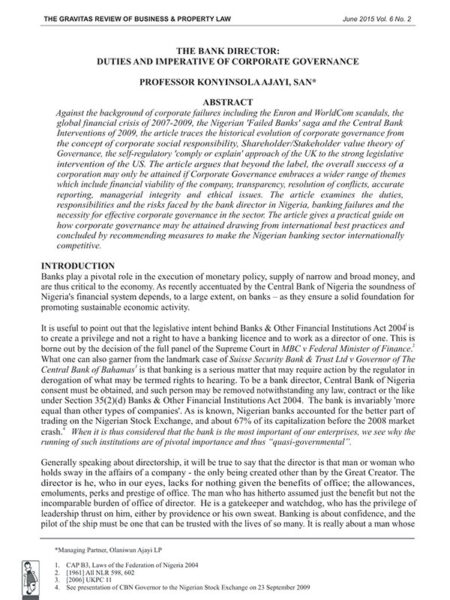
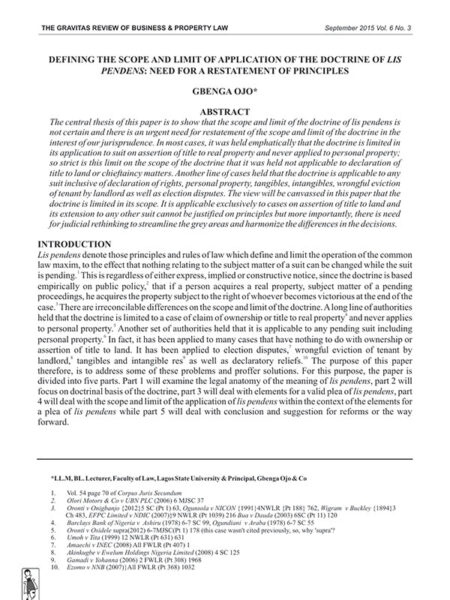
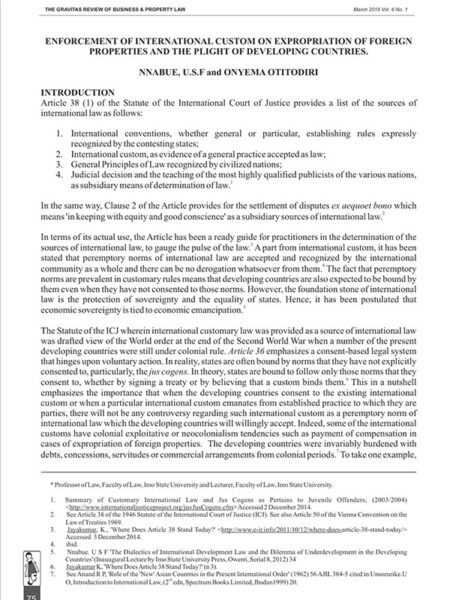


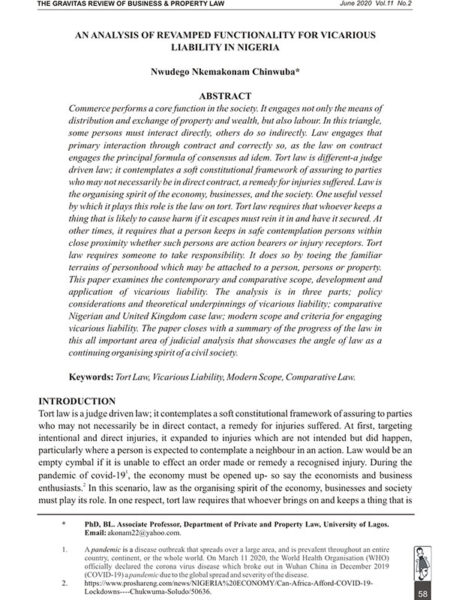
Reviews
There are no reviews yet.